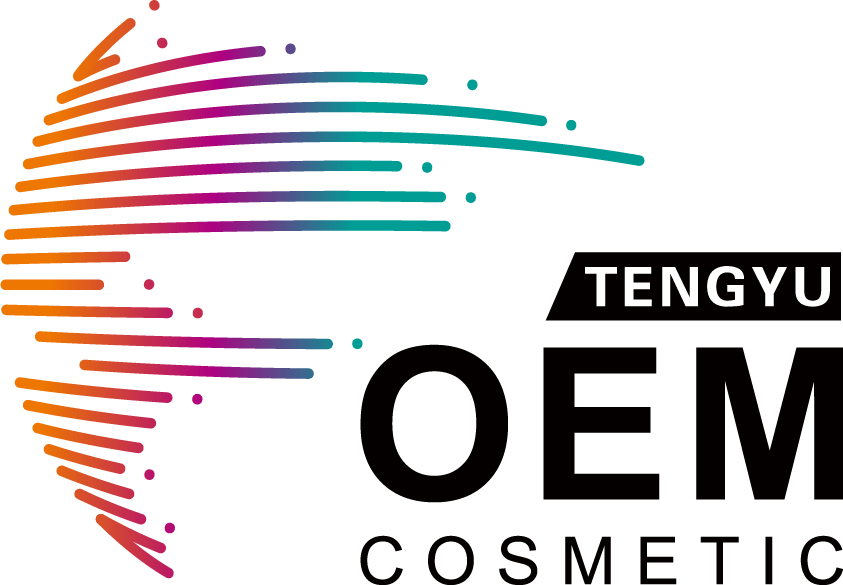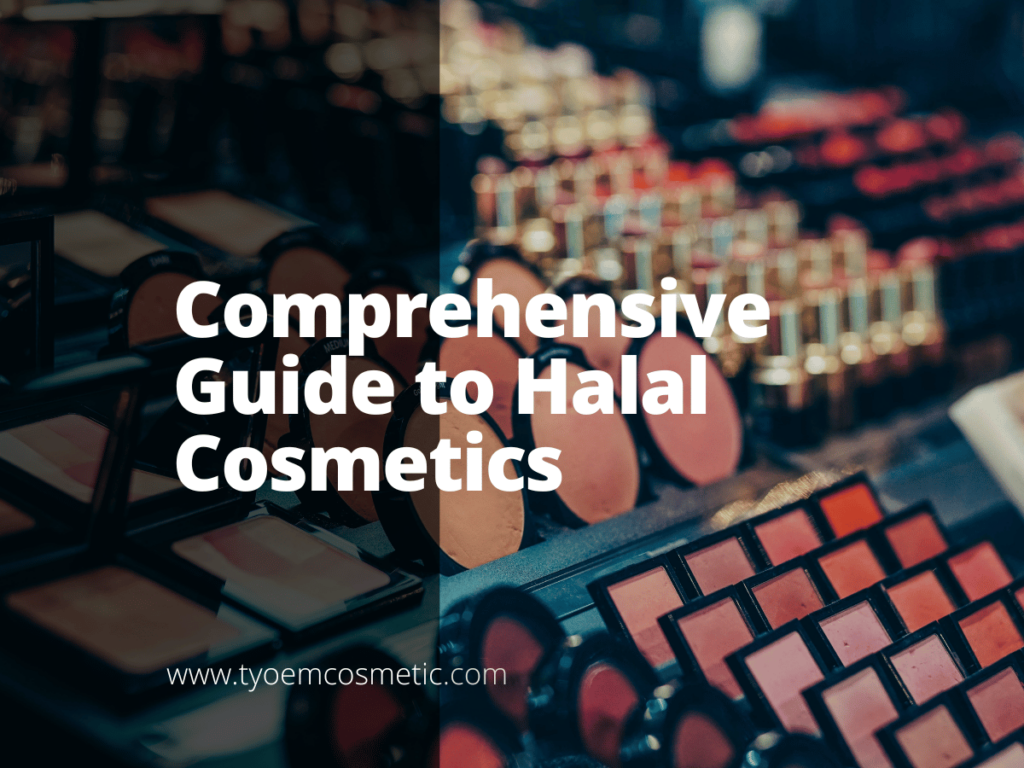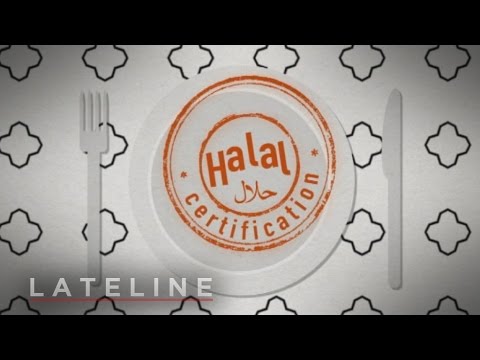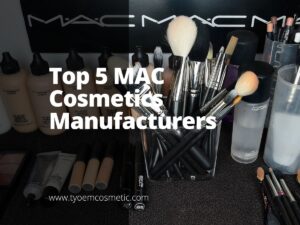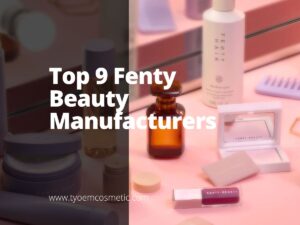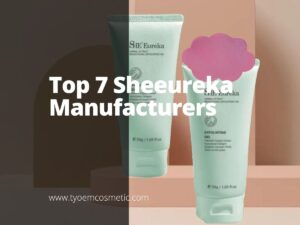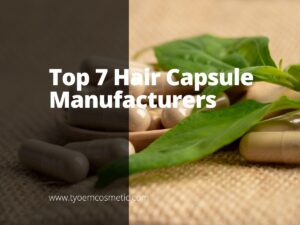Are you already selling Halal cosmetics? Understanding this niche can significantly boost your sales and expand your customer base.
With extensive experience in the cosmetics industry and a deep understanding of halal certification standards, I offer insights that are both practical and profitable.
The halal cosmetic market is not just about religious compliance, it’s a gateway to consumer trust. These products meet rigorous purity standards, making them appealing to a broad audience.
In this guide, I will share the essential criteria for halal certification, marketing strategies for halal products, and how to appeal to the global market.
Keep reading to discover!
1. Understanding Halal Certification in Cosmetics
Halal certification in cosmetics ensures that products comply with Islamic law, which is crucial for manufacturers aiming to cater to Muslim consumers globally. This certification verifies that no prohibited substances according to Islamic practices were used in production. It involves not just the absence of pork or alcohol, but also encompasses the entire supply chain from sourcing ingredients to manufacturing processes.
The process includes rigorous checks and continuous monitoring to maintain standards. Manufacturers must provide detailed information about their ingredients, and sometimes even the equipment used. Here’s why that’s important, as consumers become more conscious about the products they use, a halal certificate can be a mark of quality and safety.
2. Benefits of Using Halal Cosmetics
Building on the understanding of halal certification in cosmetics, it’s clear that these products carry significant advantages for businesses. Here are the benefits:
Wider Market Access
Halal cosmetics are not only appealing to Muslim buyers but also to those interested in ethical product choices. This expands market reach significantly, potentially boosting sales across diverse demographics. It opens up opportunities in regions with large Muslim populations such as the Middle East, parts of Asia, and increasingly, the Western world.
Build Consumer Trust
By meeting halal standards, cosmetics brands demonstrate a commitment to ethical practices and quality assurance. This certification reassures consumers about the purity and origin of the products they use on their skin. Wanna know why it is important, trust translates into customer loyalty and repeat business, which is gold in the competitive cosmetics industry.
Reduced Allergenic and Toxic Risk
Often, halal-certified products are free from harmful substances like alcohol and certain animal-derived ingredients, which can be allergenic or toxic. This aspect of halal cosmetics makes them a safer choice for consumers with sensitive skin or allergies, enhancing consumer confidence and satisfaction.
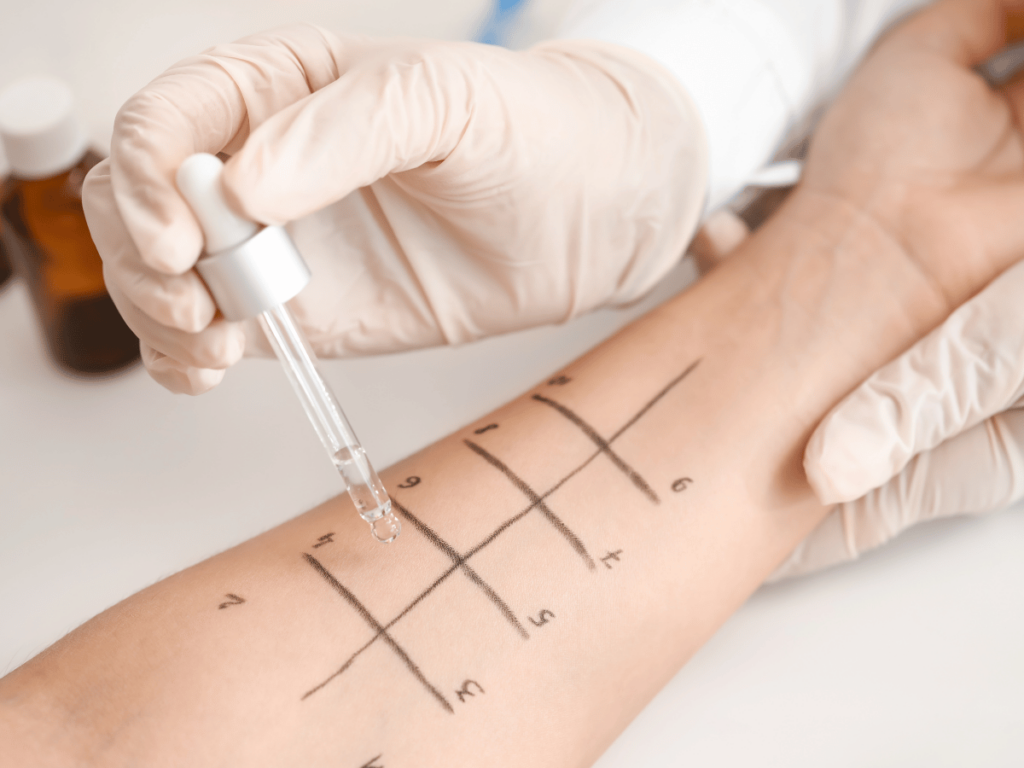
3. Key Ingredients in Halal Cosmetics
Following the exploration of the benefits of using halal cosmetics, let’s delve into the specific ingredients that make these products stand out. Here are the key components:
Plant-Based Glycerin
Traditional cosmetics often use glycerin derived from animal fats, which is not permissible under halal standards. Plant-based glycerin, on the other hand, is a staple in halal cosmetics, providing moisture without compromising ethical beliefs. It’s a powerful ingredient, which means it helps keep skin hydrated by drawing water into the outer layer of the skin.
Alcohol-Free Solvents
Halal cosmetics strictly prohibit the use of alcohol as a solvent in formulations. Instead, they use alternatives like fatty alcohols that do not dry out or irritate the skin, which can be crucial for maintaining skin health. Here’s the bottom line, these alternatives not only adhere to strict halal standards but also promote healthier, more nourished skin. We at TY Cosmetic are proud to have products that are all alcohol-free.
Lanolin
Lanolin, a common ingredient in skincare and cosmetic products, is extracted from sheep’s wool. For a product to contain lanolin and still be halal, the wool must be sourced from halal-slaughtered animals. This form of lanolin is richer and purer, making it a premium additive for enhancing the moisturizing properties of cosmetics.
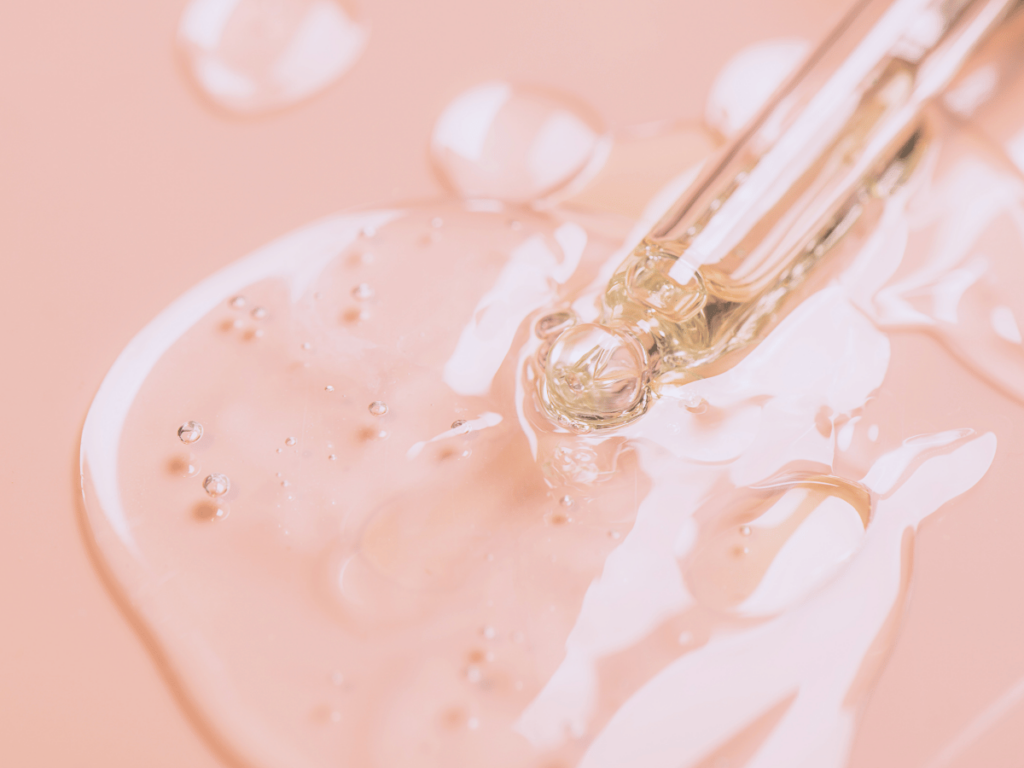
4. Halal Certification Process
Following the discussion on key ingredients in Halal cosmetics, understanding the certification process is essential. This ensures that products not only use the right ingredients but also follow Islamic law throughout production. Here are the key steps:
Step#1 Application and Documentation Review
The first step in obtaining halal certification is the submission of a detailed application to a halal certification body. This includes comprehensive documentation of the product ingredients, sources, and manufacturing processes. It’s critical that companies provide complete transparency to facilitate the review process, ensuring all components meet halal standards.
Step#2 Facility Inspection
After document review, an inspection of the manufacturing facility is conducted. Inspectors look for potential cross-contamination with non-halal substances, adherence to cleanliness protocols, and the overall integrity of the production process. This step is vital to verify that the physical environment aligns with halal practices as stated in the application.
Step#3 Product and Production Compliance Audit
Inspectors conduct regular audits to ensure ongoing compliance with halal standards. These audits include random checks of both the ingredients and the final products. The frequency of these audits can increase based on the product’s risk level, ensuring that nothing compromises the halal status once certification is granted.
Step#4 Certification Issuance and Renewal
If a company meets all requirements, the halal certification body will issue a certificate valid for a specific period, usually one year. Companies must apply for renewal before the certificate expires to maintain their halal status. Based on my research, maintaining halal certification requires continuous adherence to prescribed standards, reflecting a company’s commitment to quality and ethical compliance.

5. Packaging and Labeling Standards for Halal Cosmetics
Following the stringent halal certification process, ensuring that packaging and labeling standards are met is equally crucial for maintaining the integrity of halal cosmetics. Moving forward, please take note the essential guidelines below:
Ingredient Transparency
Labels on halal cosmetic products must list all ingredients used in the formulation. For example, disclosing any additives or preservatives, providing consumers with the certainty that the products are free from non-halal substances. Transparency in ingredient disclosure helps build trust and ensures compliance with halal standards.
No Cross-Contamination Claims
Packaging must also guarantee that the products have not been contaminated with any non-halal substances during manufacturing. This involves strict control measures at the production facilities and is often highlighted on the product labeling to reassure consumers about the purity of the product.
Production Date and Expiry Information
It is crucial to include the production date and expiry date on the packaging. This not only follows general consumer safety practices but also adheres to halal compliance, which emphasizes product freshness and quality. Providing this information can help enhance consumer confidence and satisfaction, as it allows them to assess product freshness directly.
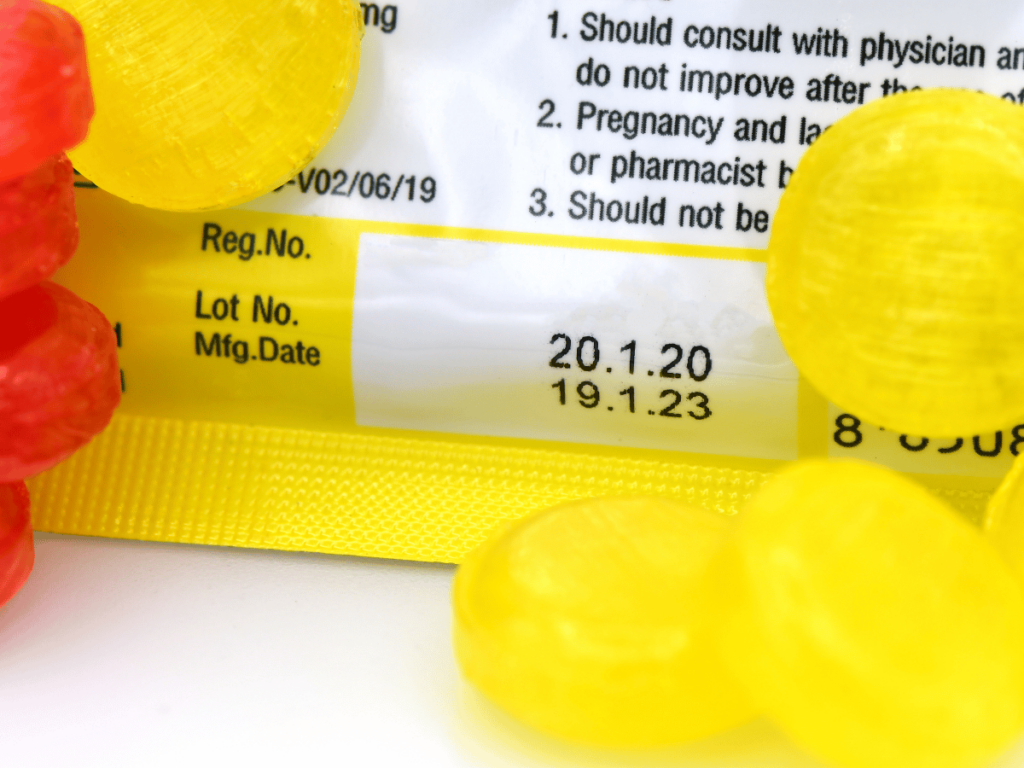
6. Challenges Facing the Halal Cosmetic Industry
Following strict packaging and labeling standards for halal cosmetics presents its own set of challenges. However, the industry faces broader hurdles that can impact growth and operational efficiency. Here are the main challenges:
Complex Certification Process
The process of obtaining halal certification can be complex and time-consuming, involving multiple stages of audits and compliance checks. This can deter small to medium enterprises from pursuing certification due to the resource and time investment required. Additionally, the lack of a unified global halal standard can create confusion and inconsistency in certification practices.
Supply Chain Integrity
Maintaining a completely halal supply chain is a significant challenge. It requires stringent oversight to ensure that every component, from raw materials to processing aids, complies with halal standards. The risk of cross-contamination with non-halal items, whether during transportation, storage, or production, is a constant concern that requires robust management systems.
Market Misunderstandings
There is still a significant lack of understanding about what halal cosmetics are and who they are for, which can hinder market acceptance and growth. Misconceptions that halal products are only for Muslim consumers can limit their appeal in broader markets. Here’s the best part, educating consumers about the benefits of halal cosmetics, such as ethical sourcing and purity, can help overcome these barriers.
This table also suggests potential strategies to educate consumers and expand market acceptance.
| Misunderstanding | Reality | Strategy for Correction |
| Halal cosmetics are only for Muslim consumers | Halal cosmetics appeal to a broad audience due to their ethical sourcing and purity. | Implement marketing campaigns that emphasize the universal benefits of halal cosmetics, such as quality and ethical production. |
| Halal products are difficult to differentiate | Halal certifications and branding make them easily recognizable. | Use clear labeling and certifications on packaging to highlight halal status and educate about what it signifies. |
| Halal cosmetics are more expensive than regular products | Many halal products are competitively priced with non-halal counterparts. | Showcase price comparisons in promotional materials to dispel myths about cost. |
| The benefits of halal cosmetics are only religious | Besides meeting religious criteria, halal cosmetics often have higher purity and quality standards. | Educate consumers on the health and ethical benefits of halal cosmetics through blogs, videos, and social media content. |
| Halal cosmetics have limited availability | Availability is expanding globally, with many products available online and in mainstream stores. | Increase visibility through wider distribution channels and partnerships with popular retailers. |
7. 3 Tips on How To Select Halal Cosmetic Products
The global market size of halal cosmetic products was expected to reach USD 118.55 billion by 2032, according to Precedence Research. With this high growth, I am sure there are many choices offering the products. To guide you, here are some tips to ensure you choose authentic and high-quality halal cosmetics for your business:
#1 Islamic Food and Nutrition Council of America (IFANCA)
Always check for a legitimate halal certification mark on the product. Look for well-known bodies such as the Islamic Food and Nutrition Council of America (IFANCA). This certification should be from a recognized and reputable halal certifying body. The presence of this mark is a primary indicator of the product’s compliance with halal standards.
#2 Regional Certification Differences
It’s important to recognize that halal certification standards are not universally the same across all regions. For example, the halal certification criteria widely accepted in Southeast Asia are such as those administered by the Majelis Ulama Indonesia (MUI) or Jabatan Kemajuan Islam Malaysia (JAKIM). It may differ significantly from those in Europe or North America.
#3 Plant-Based Alternatives
Look for plant-based alternatives like for example vegetable glycerin, it is sourced from plants and is fully compliant with halal standards. It is a versatile and skin-friendly humectant, which helps to retain moisture in skin care and beauty products. Additionally, for the best quality cosmetic products that has contain the recommended ingredients, choose TY Cosmetics.
Dive Deeper Into Our Resources
Looking for more diverse service options? Browse through our handpicked selections:
For some insightful reads, we’ve curated a list of recommended articles just for you:
Halal Cosmetic Brands and Manufacturers
- 8 Leading Halal Cosmetics Brands for Your Business
- The Top 9 Halal Cosmetics Brands
- 7 Best Halal Makeup Brands for Your Business
- Top 9 Halal Certified Makeup Brands
- Top 7 Muslim Makeup Brands
Industry Insights and Product Specifics
- 7 Must-Have Essentials for Your Halal Makeup Kit
- Which Makeup Brands Are Halal?
- Top 10 Halal Ingredients in Cosmetic Products
- What Is the Concept of Halal Cosmetics?
Specialized Halal Skincare Solutions
- Top 8 ODM Halal Skincare for Your Business
- Top 11 OEM Halal Skincare for Your Brands
- Top 7 Halal Cosmetic Manufacturers You Need to Know
Still haven’t found what you’re looking for? Don’t hesitate to contact us. We’re available around the clock to assist you.
Conclusion
Navigating the world of halal cosmetics can be complex, but TY Cosmetics makes it simpler. With a unique selection of products certified by reputable halal bodies, we ensure purity and compliance in every item. We are offering a transparent and trustworthy option. Our commitment to ethical practices and quality ingredients sets us apart in the halal beauty industry.
This guide has equipped you with the knowledge to choose the right halal cosmetics to be partner with. Whether you’re a distributor or a business seeking reliable halal beauty products, TY Cosmetics can help. Contact us today for more information!
